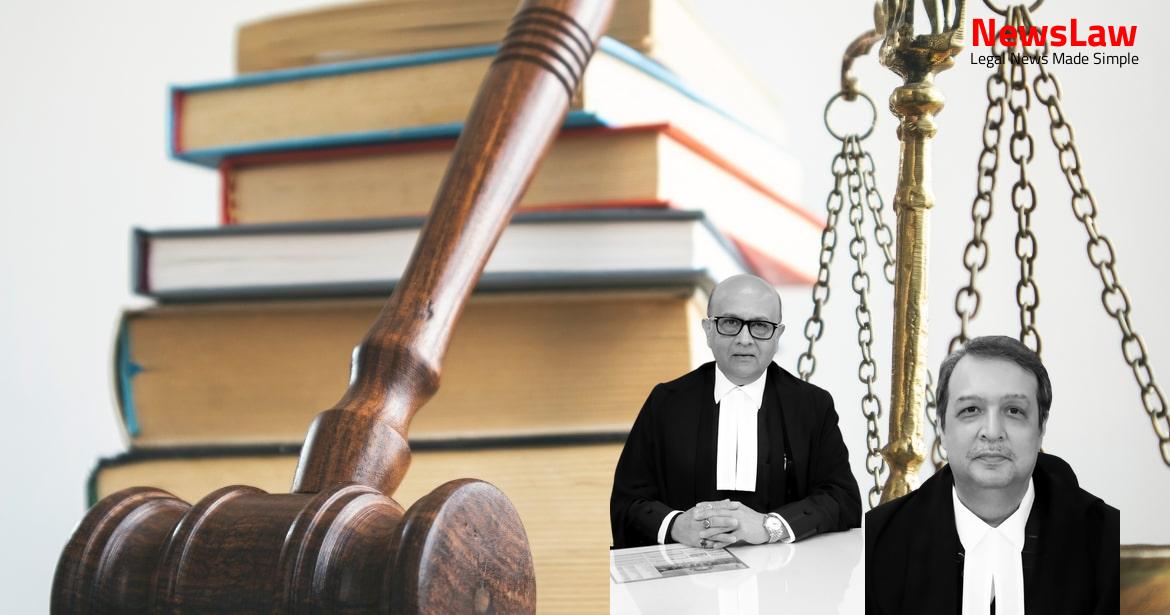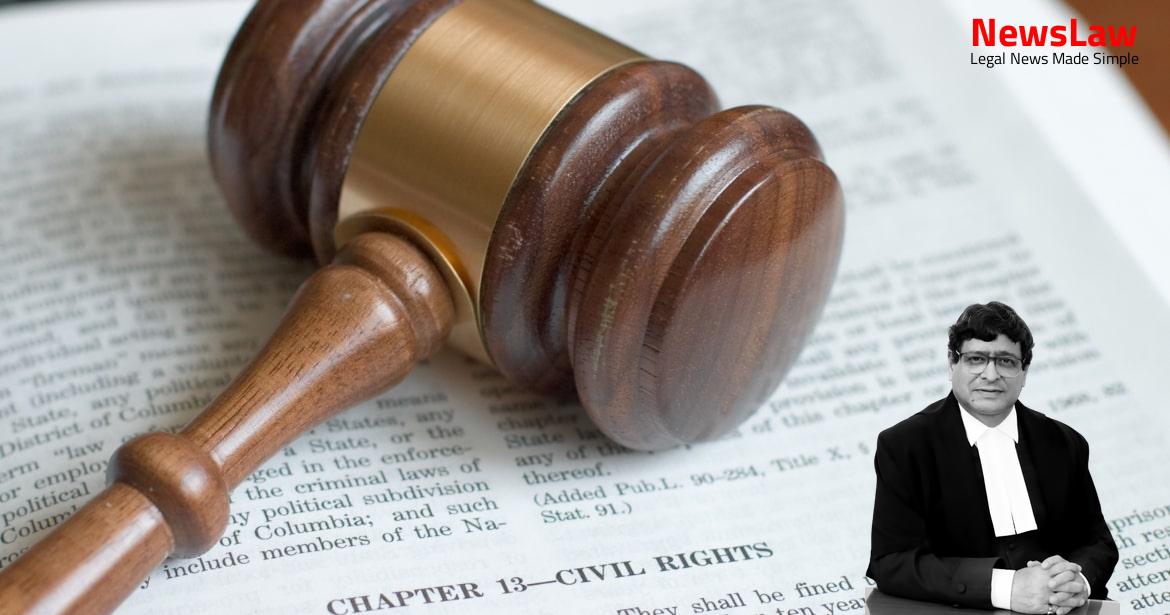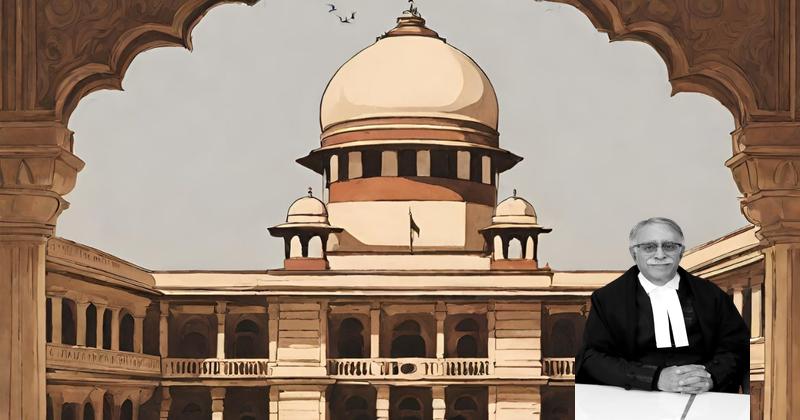Explore the detailed legal analysis on arbitration petition limitation periods in this blog post. The court’s thorough examination of the applicability of the Limitation Act to appointment of arbitrators under the Arbitration and Conciliation Act, 1996 sheds light on the complexities involved in dispute resolution timelines. Gain insights into the two-pronged test used to determine if a petition is time-barred and how negotiations post-cause of action impact limitation periods. Stay updated on the latest developments in commercial dispute resolution!
Facts
- The respondent invoked the arbitration clause under the Franchise Agreement on 24.11.2022, which the petitioner claims is illegal, invalid, non-est, and unjustified.
- The petitioner incurred expenses totaling $60,000 on salary, lodging, and food for trainers.
- The respondent received only 61.5% of the claimed amount from the ICCR after quality and TDS deductions.
- The petitioner tried to address non-payment of dues for the ICCR project with the respondent after a gap of around three years via a legal notice dated 26.08.2021.
- After an unsuccessful pre-institution mediation before the Bombay High Court, the petitioner invoked arbitration on 24.11.2022.
- The respondent claimed that the pre-institution mediation under Section 12A of the Commercial Courts Act, 2015 was a mandatory requirement before filing a commercial suit, not linked to conciliation as per the franchise agreement.
- The dispute between the parties centers around renewal and payment of royalties for the franchise agreements.
- The petitioner decided not to renew the franchise agreements for ACE and AELA due to payment disputes.
- The respondent denied the claims in the petitioner’s notice dated 24.11.2022, stating they were both meritless and time-barred.
- The petitioner filed the present petition after the respondent failed to nominate an arbitrator per the agreed-upon procedure.
- Petitioner’s contention was rejected by the Court.
- Court held that encashment of bank guarantee was a positive action by respondent.
- The encashment crystallized petitioner’s right to seek arbitration.
- Mere writing of letters was deemed insufficient to extend cause of action.
Also Read: Analysis of High Courts’ Jurisdiction and Court Orders Under Article 142
Issue
- Whether the Limitation Act, 1963 is applicable to an application for appointment of arbitrator under Section 11(6) of the Arbitration and Conciliation Act, 1996?
- If yes, whether the present petition is barred by limitation?
Also Read: Electoral Malpractices in Mayor Election
Arguments
- The counsel argued that the cause of action first arose on 03.10.2017 when the respondent withheld information regarding a payment from the ICCR as per the AELA agreement.
- The counsel emphasized that there is jurisdiction to interfere by way of injunction to prevent harassment by invalid claims, such as those based on non-existent arbitration agreements or disputes outside the scope of the agreement.
- The counsel stated that mediation proceedings were initiated before the Bombay High Court under the Commercial Courts Act as a mandatory pre-condition before a commercial suit.
- The counsel prayed for an order referring the dispute to arbitration to adjudicate the differences between the parties.
- The petitioner contended that the experience of the respondent with ICCR and the Government of India should not justify withholding payments.
- The petitioner maintained that the dispute arose on 01.11.2017, and argued for an extension of the limitation period due to the respondent’s failure to disclose the amount received from ICCR.
- It was contended by the petitioner that as per the AELA franchise agreement, it was entitled to receive 90% of the payments received by the respondent.
- The petitioner highlighted that breakdown in communication with the respondent led to delays in approaching the courts.
- The petitioner mentioned that the AELA agreement provides for a three-membered arbitral tribunal in case disputes cannot be resolved through conciliation.
- The learned Senior counsel argued that the claim, despite its merits, was time-barred under Article 137 of the Limitation Act, 1963.
- The respondent’s counsel heavily relied on the judgment in M/s B and T AG to argue that the present petition is time-barred as per the limitation period established in the aforementioned case.
- Another point made by the respondent’s counsel was that the notice for arbitration sent by the petitioner was deemed invalid as it did not align with clause 21 of the franchise agreement, which mandates the appointment of three arbitrators. The notice indicated the appointment of a sole arbitrator and proposed the names of two arbitrators instead.
Also Read: Balancing Power and Transparency: Electoral Bonds Struck Down, Disclosure Mandated
Analysis
- The judgment extensively delves into the issue of limitation in relation to the appointment of an arbitrator under Section 11(6) of the Act, 1996.
- The Court emphasizes a two-pronged test to determine the applicability of limitation – first, whether the petition under Section 11(6) is barred by limitation and second, whether the claims are ex-facie dead claims at the commencement of arbitration.
- It is mentioned that negotiations and communications between parties post the cause of action do not necessarily postpone the accrual of cause of action for limitation purposes.
- The Court distinguishes between the responsibility of the Court to check the limitation of the application for appointment of an arbitrator and the arbitrator’s role in determining if claims are within limitation during arbitration.
- The applicability of Article 137 of the Limitation Act, 1963 to applications under Section 11 is highlighted, affirming that claims must be filed within the prescribed limitation period.
- The need for thorough examination by the Referral Court on matters related to limitation especially during arbitration proceedings is reiterated for a fair and just determination of disputes.
- Agreement does not confer any right on the Franchisee and cannot be assigned to another person.
- Both parties must inform each other in writing of any Force Majeure Event and work together to find a solution.
- Force Majeure Event includes events beyond the control of the parties such as natural disasters, communication system failures, etc.
- Any statutory or incidental taxes on payments to the Franchisor are the responsibility of the Franchisee.
- Limitation Act, 1963 applies to arbitrations and sets time limits for filing applications.
- Renewal of the Agreement must be applied for at least one hundred eighty days before expiry.
- The Agreement does not create a partnership between parties or authorize the Franchisee to bind the Franchisor.
- Commencement of arbitration is deemed to occur when one party serves a notice requiring the appointment of an arbitrator.
- The period of limitation for issuing a notice of arbitration does not get extended by mere exchange of letters or settlement discussions.
- The right to receive payment usually begins upon completion of work.
- Courts have a duty to protect parties from being forced into non-arbitrable matters to prevent wastage of resources.
- Courts should intervene only when claims are ex facie time-barred or there is no subsisting dispute.
- The duty to protect parties includes rejecting claims that are manifestly non-arbitrable.
- The court’s interference should be based on a prima facie examination of the facts.
- If there is even a slight doubt, the dispute should be referred to arbitration.
- The limitation for filing an application under Section 11 arises after a notice of arbitration is issued and appointment is not made within 30 days.
- The period of limitation for a petition seeking appointment of an arbitrator is distinct from the limitation for substantive claims in the contract.
- The court has the duty to examine and reject non-arbitrable or dead claims to avoid time-consuming and costly arbitration processes.
- The period of three years for filing an application under Section 11 of the Act, 1996 is deemed unduly long and goes against the Act’s spirit of expeditious resolution of commercial disputes.
- Amendments to the Act, 1996 have been made over the years to ensure expeditious conduct and conclusion of arbitration proceedings.
- Filing the present arbitration petition within three years of the respondent’s failure to comply with the arbitration notice is not barred by limitation.
Decision
- The arbitrator fees to be fixed in consultation with the parties.
- Dispute resolution through conciliation between parties.
- Arbitration proceedings to be conducted in Mumbai.
- Period from 15.03.2020 to 28.02.2022 excluded for computation of limitation.
- Franchisee responsible for course conduct, with no claims against Franchisor.
- If arbitration fails, parties to submit to Mumbai courts’ jurisdiction.
- Agreement governed by Indian laws.
- Royalty fees to be paid by Franchisee for license and assistance.
- Interest of 24% p.a. to be levied on late payments by Franchisee.
- Option to renew agreement subject to compliance with terms.
- Petition disposed of with the terms mentioned.
- Suggestion for Parliament to consider amending Act, 1996 for specific limitation period for appointment of arbitrators.
- Application under Section 11 filed within limitation period under Article 137 of the Limitation Act.
- Exclusion of period from 15.03.2020 to 28.02.2022 for limitation purposes restored.
- No contractual relationship created between students and Franchisor.
- Balance period of limitation from 03.10.2021 available from 01.03.2022.
- Balance period of limitation from 15.03.2020 available from 01.03.2022.
Case Title: M/S ARIF AZIM CO. LTD. Vs. M/S APTECH LTD. (2024 INSC 155)
Case Number: ARBIT.PETITON No.-000029 / 2023



